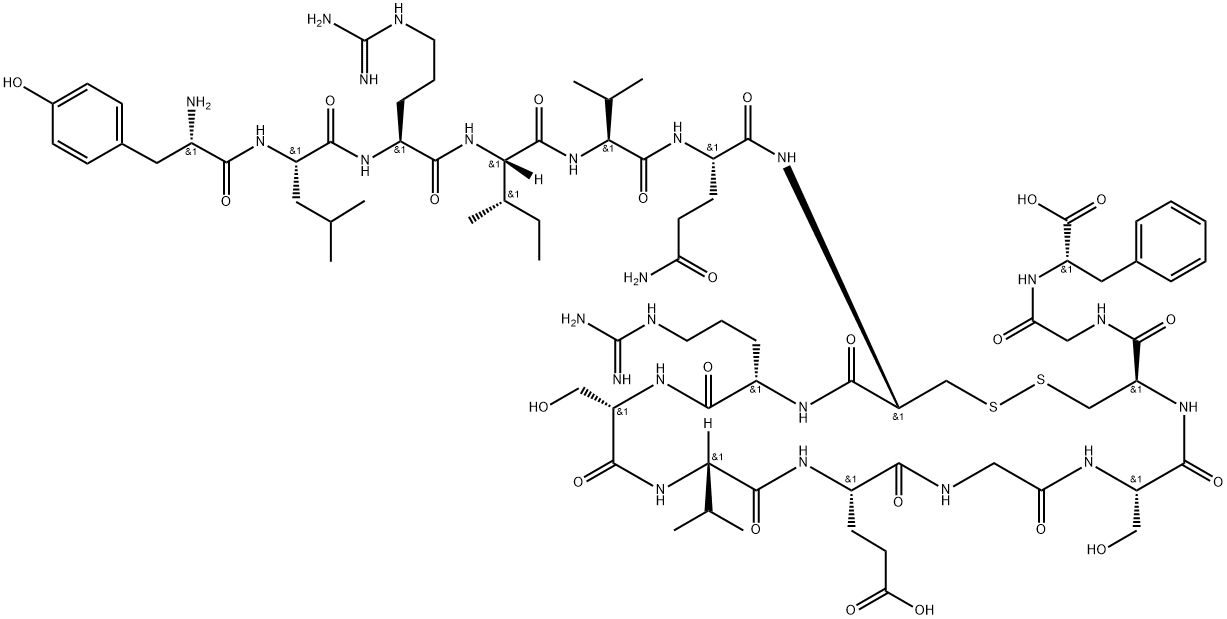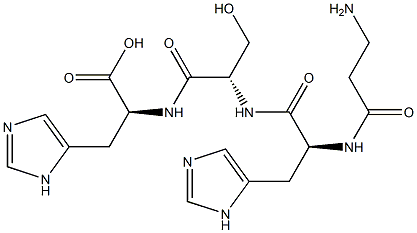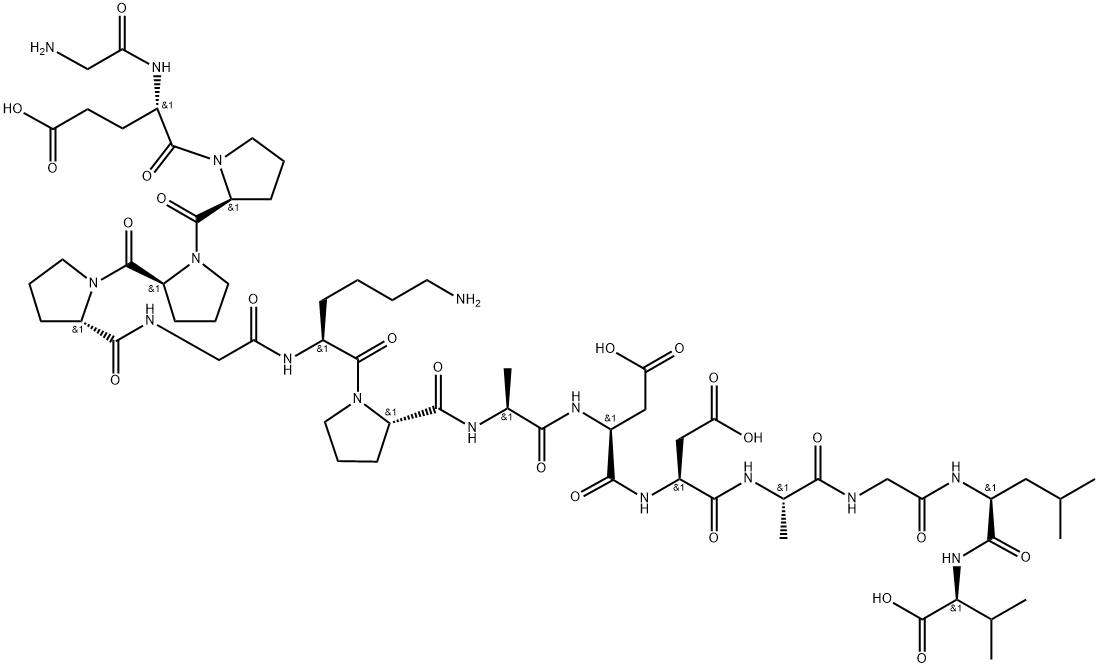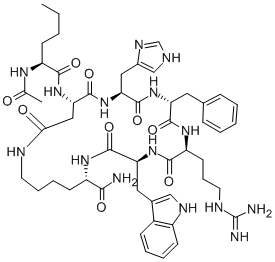AOD 9604
- CAS NO.:221231-10-3
- Empirical Formula: C78H123N23O23S2
- Molecular Weight: 1815.1
- MDL number: MFCD32641657
- EINECS: 200-001-8
- SAFETY DATA SHEET (SDS)
- Update Date: 2024-12-20 11:34:09

What is AOD 9604?
Clinical claims and research
During the 90s, researchers from Monash University in Australia found that growth hormone (GH) was responsible for controlling the effects of AOD 9604. In clinical trials, the overall goal of the research was to find an anti-obesity drug that could burn fats without promoting muscle growth. In doing so, researchers found that AOD 9604 had the ability to:
Decrease the development of new fat.
Regulate the body's metabolism.
Stimulate the release of fats from fat cells.
Help treat osteoarthritis and bone repair.
In other clinical trials, patients were shown to experience less fatigue and had more endurance to exercise. Patients suffering from obesity also reported feeling less hungry and were found to eat less when using AOD 9604.
Regulations
The U.S. Food & Drug Administration recently assigned Human GRAS status to AOD 9604, which is listed under the Generally Recognized As Safe (GRAS) program. This designation identifies any food additive as safe when used as intended, per the Federal Food, Drug, and Cosmetic Act. This peptide is extremely safe, and there are no known health risks associated with AOD 9604 injections, especially when compared to traditional hormone-based weight loss treatments.
Properties of AOD 9604
| Density | 1.49 |
| storage temp. | Store at -20°C |
| solubility | DMSO: Slightly soluble |
| pka | 3.49±0.10(Predicted) |
Safety information for AOD 9604
Computed Descriptors for AOD 9604
New Products
4-Fluorophenylacetic acid 4-Methylphenylacetic acid N-Boc-D-alaninol N-BOC-D/L-ALANINOL Tert-butyl bis(2-chloroethyl)carbamate 3-Morpholino-1-(4-nitrophenyl)-5,6-dihydropyridin- 2(1H)-one Furan-2,5-Dicarboxylic Acid Tropic acid S-2-CHLORO PROPIONIC ACID ETHYL ISOCYANOACETATE 2-Bromo-1,3-Bis(Dimethylamino)Trimethinium Hexafluorophosphate (6-METHYL-[1,3]DITHIOLO[4,5-b]QUINOXALIN-2-ONE INDAZOLE-3-CARBOXYLIC ACID 4-IODO BENZOIC ACID (2-Hydroxyphenyl)acetonitrile 4-Bromopyrazole 5,6-Dimethoxyindanone 2-(Cyanocyclohexyl)acetic acid 4-methoxy-3,5-dinitropyridine 2-aminopropyl benzoate hydrochloride 1-(4-(aminomethyl)benzyl)urea hydrochloride diethyl 2-(2-((tertbutoxycarbonyl)amino) ethyl)malonate tert-butyl 4- (ureidomethyl)benzylcarbamate Ethyl-2-chloro((4-methoxyphenyl)hydrazono)acetateRelated products of tetrahydrofuran
You may like
-
 2033-24-1 98%View Details
2033-24-1 98%View Details
2033-24-1 -
 42831-50-5 5-METHYLISOXAZOLE-4-CARBOXYLIC ACID 98%View Details
42831-50-5 5-METHYLISOXAZOLE-4-CARBOXYLIC ACID 98%View Details
42831-50-5 -
 1975-50-4 98%View Details
1975-50-4 98%View Details
1975-50-4 -
 2-HYDROXY BENZYL ALCOHOL 98%View Details
2-HYDROXY BENZYL ALCOHOL 98%View Details
90-01-7 -
 2-Chloro-1,3-Bis(Dimethylamino)Trimethinium Hexafluorophosphate 221615-75-4 98%View Details
2-Chloro-1,3-Bis(Dimethylamino)Trimethinium Hexafluorophosphate 221615-75-4 98%View Details
221615-75-4 -
 61397-56-6 CIS BROMO BENZOATE 98%View Details
61397-56-6 CIS BROMO BENZOATE 98%View Details
61397-56-6 -
 14714-50-2 (2-Hydroxyphenyl)acetonitrile 98+View Details
14714-50-2 (2-Hydroxyphenyl)acetonitrile 98+View Details
14714-50-2 -
 118753-70-1 98+View Details
118753-70-1 98+View Details
118753-70-1




